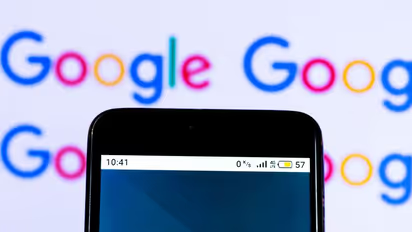Google bans 8 dangerous apps from Play Store for offering fake crypto services

Synopsis
The point is that while Google may have deleted them from the Play Store, these apps may still be installed on your phone. So, search your phone for them and delete them as soon as possible.
Mining for cryptocurrencies has attracted everyone's interest, particularly in recent months. However, hackers are taking advantage of the public's interest in cryptocurrencies by installing malicious apps that include dangerous viruses and adware on their devices. The good news is that these malicious actors have been detected and eliminated by Google.
In reality, as many as eight hazardous applications posing as cryptocurrency mining apps have been deleted from the Google Play Store - consumers were enticed by promises of large returns by investing money in cloud-mining operations.
Trend Micro reports that after an investigation, it discovered that these eight malicious apps were tricking victims into watching ads, paying for subscription services with an average monthly fee of $15 (approx. 1,115), and paying for increased mining capabilities without receiving anything in return. The firm submitted its discoveries to Google Play, and the company quickly deleted them. The point is that while Google may have deleted them from the Play Store, these apps may still be installed on your phone. So, search your phone for them and delete them as soon as possible.
Also Read | Google Chat's desktop, web app upgraded; dark mode, new calender features added
BitFunds – Crypto Cloud Mining, Bitcoin Miner – Cloud Mining, Bitcoin (BTC) – Pool Mining Cloud Wallet, Crypto Holic – Bitcoin Cloud Mining, Daily Bitcoin Rewards – Cloud Based Mining System, Bitcoin 2021, MineBit Pro – Crypto Cloud Mining & BTC miner, and Ethereum (ETH) – Pool Mining Cloud are among the eight applications.
According to the research site, two of these apps are premium apps that customers must acquire. In a blog, the firm stated that from July 2020 to July 2021, these applications, which do not have bitcoin mining capabilities and trick users into watching in-app advertising, harmed over 4,500 people globally.
Find the latest Technology News covering Smartphone Updates, AI (Artificial Intelligence) breakthroughs, and innovations in Space exploration. Stay updated on gadgets, apps, and digital trends with expert reviews, product comparisons, and tech insights. Download the Asianet News Official App for everything shaping the future of technology.